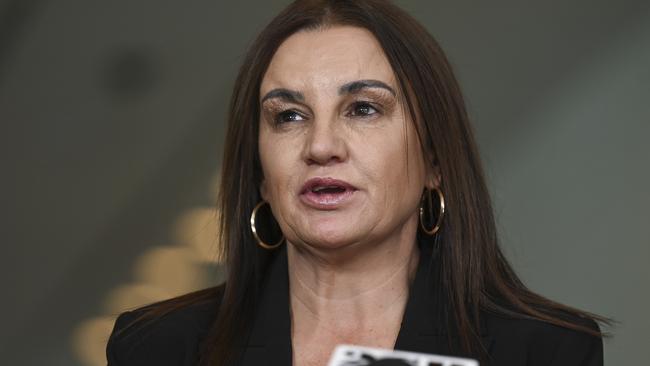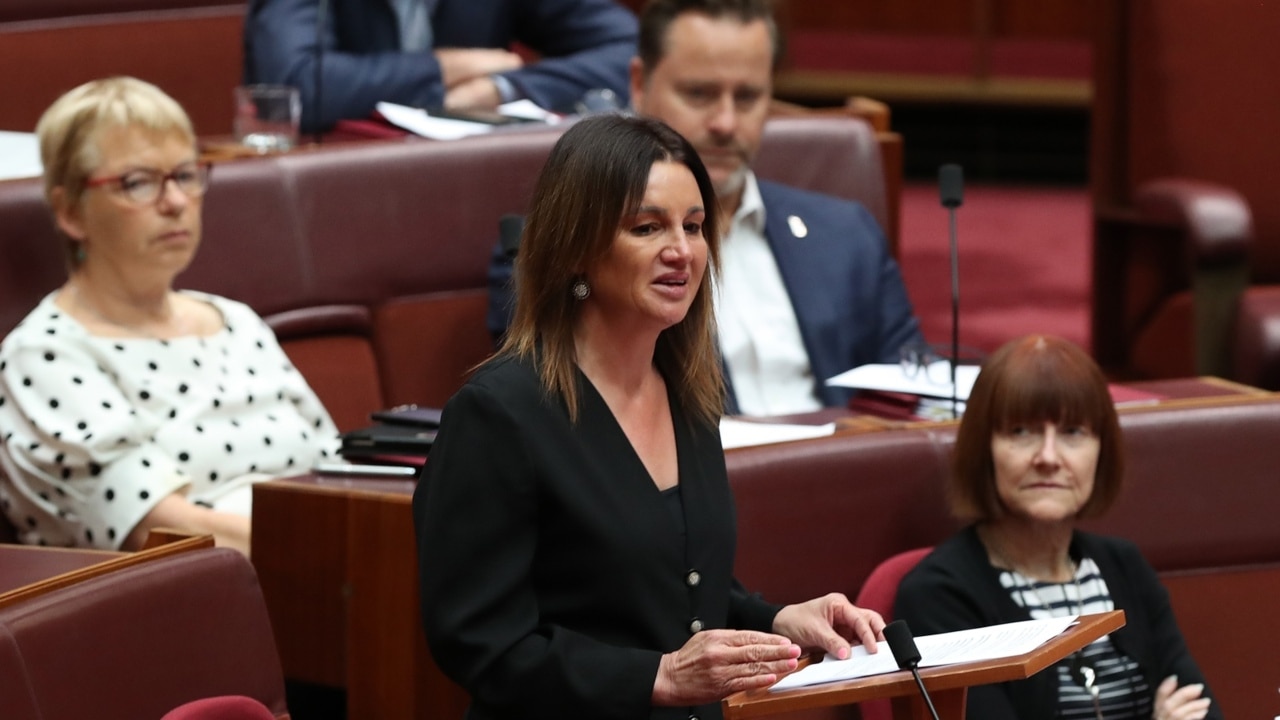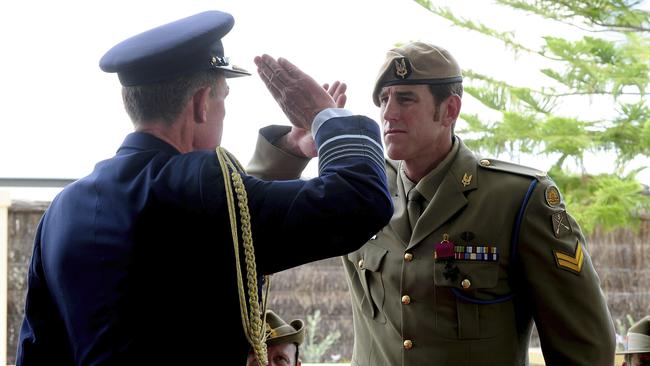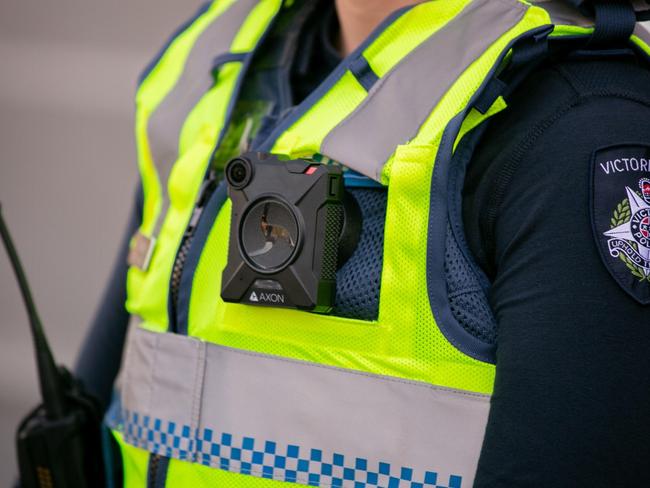
The crazy bit is that there’s not the slightest chance the ICC will take action against our senior commanders over alleged war crimes committed in Afghanistan many years ago.
This is because Australia has a credible legal system and has been thoroughly investigating these allegations itself, admittedly at the normal snail-with-a-valium-habit pace at which everything occurs in defence.

The ICC is designed to fill the gap when countries can’t, won’t or don’t investigate serious allegations against their troops.
Lambie’s move is essentially a gesture. And it expresses a deep emotional truth that has great resonance in the Australian public.
If you’re going to throw the Diggers under the bus, she in effect said to the senior military leadership, you can take some of the heat too.
There is a moral truth to her argument and an emotional truth.
The broad rule of thumb seems to be that no one anywhere in the Australian Defence organisation above the rank of corporal is ever forced to take responsibility for anything.

This is not so much a legal question as a moral one.
If commanders get medals on the basis of the brave things that Diggers, the actual soldiers in combat, do, then surely they bear serious moral and organisational responsibility if very bad things are done.
If not, then what does the word commander even mean? Why bother having commanders at all?
Defence is built at the moment on countless insane contradictions. Government reports tell us that the Australian Defence Force is “not fit for purpose” yet the men who oversaw the development of that force are rewarded, promoted and reappointed.
Defence Minister Richard Marles says he has proposals for reform of command responsibility, arising from the Brereton report into the Afghanistan allegations, on his desk.
The question is not how to work out bureaucratic procedures for command evasion of responsibility in the future, but why it is that not one of them has been held remotely accountable for anything in Afghanistan?
After all, if a junior reporter on a newspaper mangled a story so badly that they produced a libellous report that resulted in a $10m suit – an offence a long way short of war crimes – you can bet the editor would be held accountable.
The main long-term proposal for the SAS seems to be to force its troopers to wear body cameras in some operations.
This far exceeds Lambie’s ICC referral in the barking mad stakes, or the unlikely to have any useful effect stakes, but it lacks any redeeming emotional or moral truth.

Paul Brereton recommended that such cameras be made mandatory for SAS soldiers.
It would certainly guarantee that the SAS didn’t break any laws. It would also guarantee that they would be militarily useless. Other forces wouldn’t want to work with them.
The weight and encumbrance of a camera, and all the batteries needed to support them, would add risk, as the opposition’s Andrew Hastie, a former SAS soldier, has pointed out.
Soon enough, the soldiers would be in trouble not just if they committed crimes but even if they spoke in a politically incorrect fashion in battle.
Ask yourself, dear reader, would you like to wear a camera and voice recorder for every moment that you were at work?
There are also a thousand ways that cameras themselves can lie, including by not providing context.
Most of all, they would constitute a clear message to the SAS: we consider you criminals until proven innocent.
Australian defence policy has been appallingly led for a long time in the most senior ranks of the defence establishment.
Lambie and the defence organisation itself vie with each other in making ridiculous proposals.
But at least Lambie’s heart is in the right place.








Jacqui Lambie’s referral of Australia’s senior military commanders to the International Criminal Court is kinda crazy but it captures a deep emotional truth.